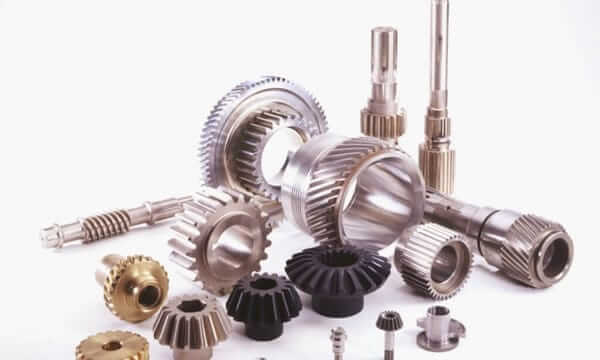
Understanding Heavy Truck Parts Essential Components for Durability and Performance
Heavy trucks are the backbone of logistics and transportation industries. They are designed to carry substantial loads over long distances, making them essential for businesses reliant on freight movement. To ensure optimal performance, safety, and durability, it is crucial to have a thorough understanding of heavy truck parts.
1. Engine Components
At the heart of any heavy truck is its engine. Heavy trucks typically use diesel engines due to their efficiency and ability to generate high torque. Key engine parts include pistons, crankshafts, and turbochargers. The fuel injectors play a vital role in delivering the right amount of fuel into the combustion chamber, influencing both power output and fuel efficiency.
2. Transmission System
The transmission system is responsible for transferring power from the engine to the wheels. Heavy trucks often feature either automatic or manual transmissions. Components such as the gearbox, clutch, and driveshafts are critical for smooth gear shifts and driving performance. Understanding the different types of transmissions is important for maintenance and repair, as each type has its unique set of parts and potential issues.
3. Brake System
Safety is paramount in heavy truck operation, making the brake system one of the most significant parts. Heavy trucks typically use air brake systems, consisting of components such as brake chambers, slack adjusters, and brake pads. Regular inspections and maintenance of the brake system are essential to prevent accidents and ensure the safety of both the driver and the cargo.
4. Suspension and Steering

The suspension system of a heavy truck aids in load distribution and ride comfort. Key components include leaf springs, shock absorbers, and axles. A well-maintained suspension system ensures that the truck can handle heavy loads without compromising stability. The steering system, which includes steering gears, linkages, and power steering pumps, allows for precise control, crucial for maneuvering large vehicles.
5. Electrical System
Modern heavy trucks are equipped with complex electrical systems that control various functions, including lighting, communication, and monitoring systems. Essential parts within this system include batteries, alternators, and fuses. A malfunctioning electrical system can lead to operational issues, making regular checks vital to prevent downtime.
6. Tires and Wheels
Tires and wheels are critical for traction and safety. Heavy trucks require specialized tires that can withstand the weight and stress during operation. Understanding tire specifications and maintaining proper tire pressure can enhance fuel efficiency and extend tire lifespan. Regular inspections for wear and tear are necessary to avoid tire-related accidents.
7. Exhaust and Cooling Systems
Efficient waste gas management and engine cooling are crucial for maintaining performance and emission standards. The exhaust system includes components like catalytic converters and mufflers. The cooling system, comprising the radiator and coolant hoses, prevents the engine from overheating and ensures it operates within optimal temperature ranges.
In conclusion, a deep understanding of heavy truck parts is essential for safe and efficient operation. Regular maintenance and inspections of these components not only enhance the truck's performance but also extend its lifespan. By prioritizing truck part maintenance, operators can ensure their vehicles remain reliable, reduce repair costs, and maintain compliance with safety regulations.